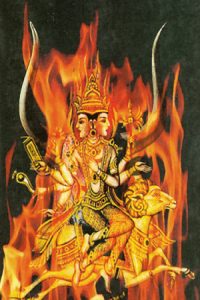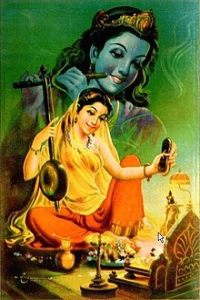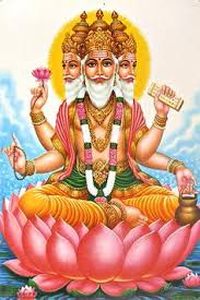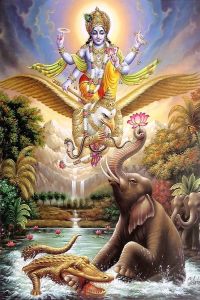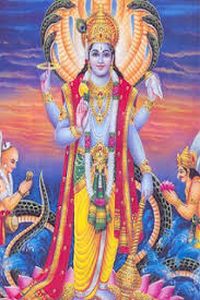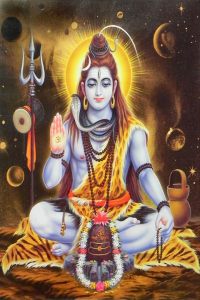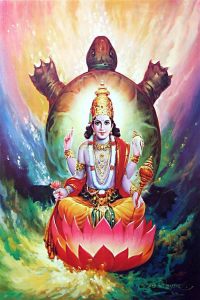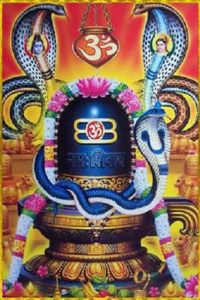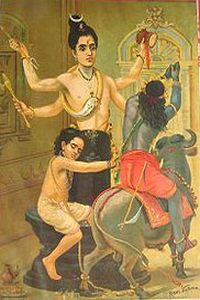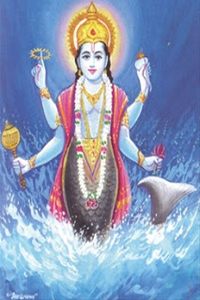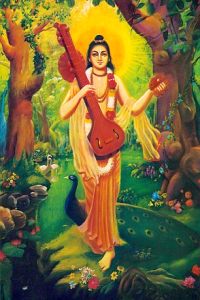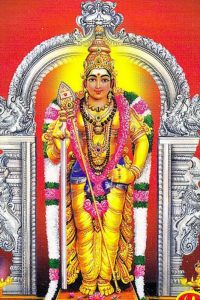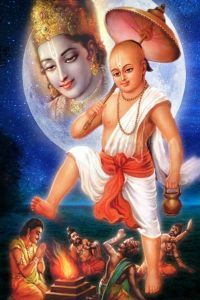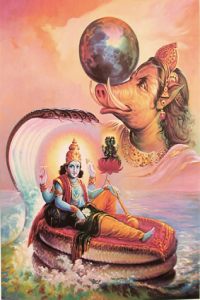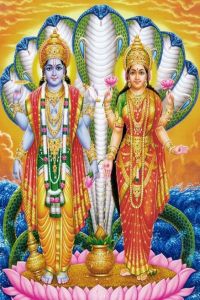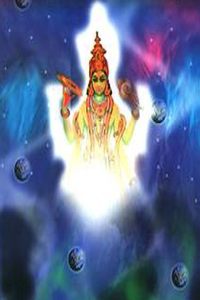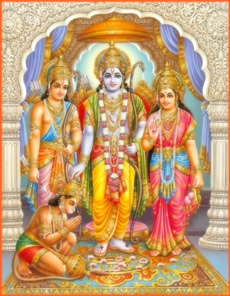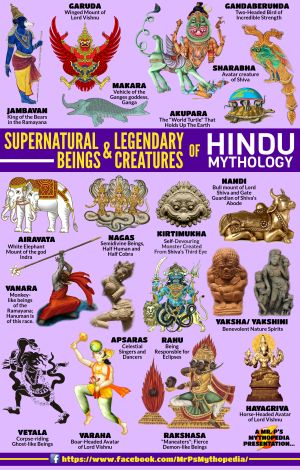USHAS – A goddess
DAKSHA’S LINEAGE
Markandeya says- ‘Brahma on seeing that inspite of all his creations the population was not increasing, he decided to create his Manasputras. These Manasputras were created merely by his wish. Their names were Bhrigu, Pulastya, Pulaha, Kratu, Angira, Marichi, Daksha, Atri and Vashishta. After this, he first created the ferocious…
COPULATIVE CREATIONS
Markandeya says- Brahma created one thousand couples from his mouth in the beginning of creation. These couples were radiant and possessed virtuous qualities (Satvik). Once again, Brahma created one thousand couples from his chest but this time they possessed the quality of Rajas. This phenomenon was repeated for the second…
CREATION OF THE DEITIES
Kraustuki then asked Markandeya about the origin of the deities. Markandeya replied- ‘With the objective of creating the deities, demons, ancestors and human beings, Brahma abandoned the part of his physical body in the ocean. The demons originated from the thighs of his abandoned body. Lord Brahma blessed the demons…
NATURAL AND FLAWED CREATIONS
Kraustuki asked curiously- ‘Tell me how Brahma did his creations?’ Markandeya replied- ‘When Brahma got up from his sleep after the end of dissolution (Pralaya) named Padram, he found a void all around himself. He remembered Narayana who is also known by the name of Nastanu i.e. one who dwells…

